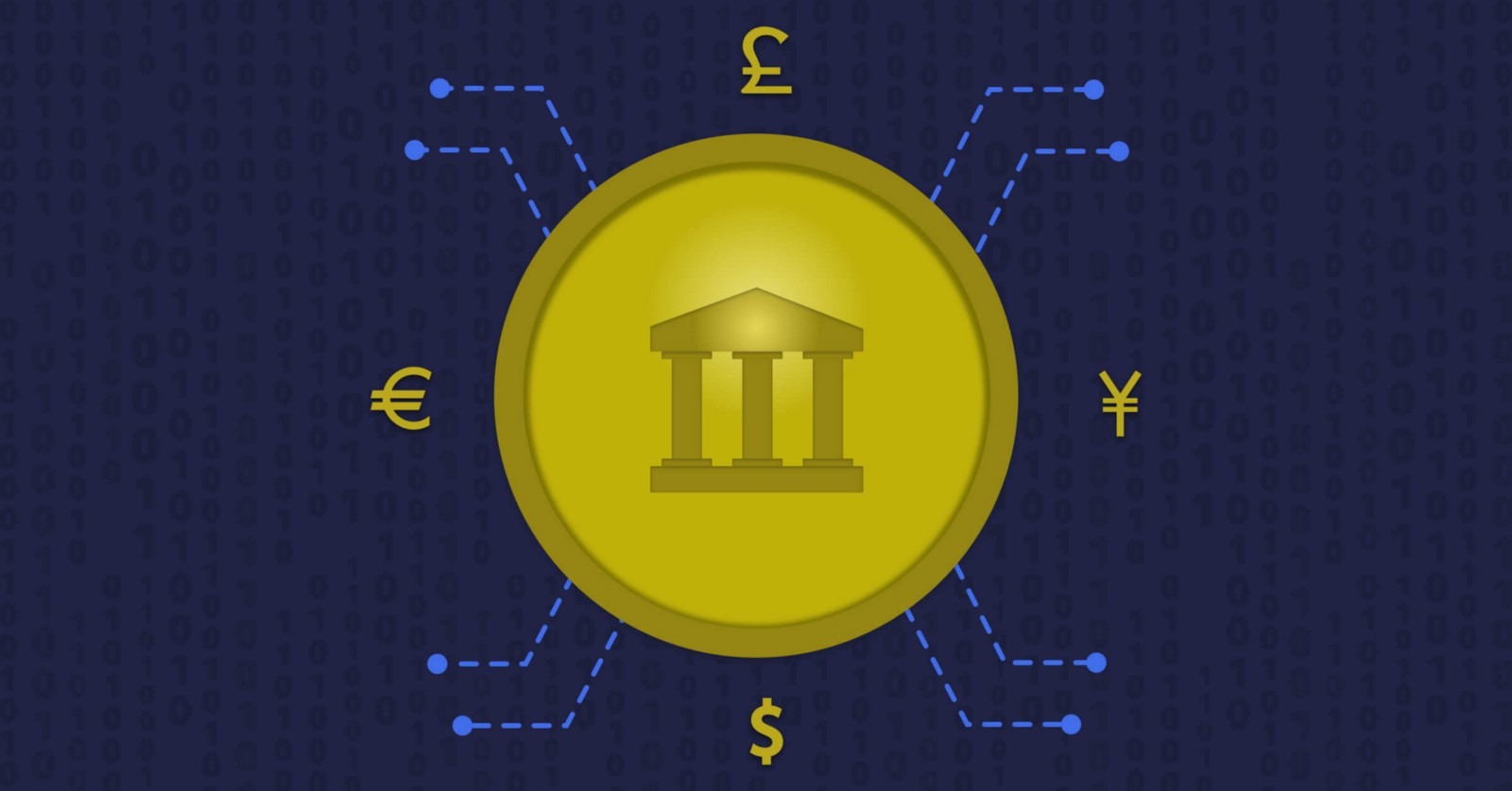
This past November, while standing in front of a crowd of thousands at the 2018 Singapore Fintech Festival, the Managing Director of the IMF, Christine Lagarde, did what few in her position are willing to do — she embraced change.
“Singapore is well known for its winds….winds here bring about change, change in opportunity”
A true leader, trying to fulfill the IMF’s vision of, “…working to foster global monetary cooperation, secure financial stability, facilitate international trade, promote high employment and sustainable economic growth, and reduce poverty around the world”, Lagarde began her keynote speech at the Fintech Festival by revisiting the true beginning of fintech (financial technology). Guests were reminded that centuries ago, when trade was strictly local, the use of coins were completely sufficient. However, as trade went maritime, carrying coins became expensive and cumbersome. Bills of exchange were created in the first ever ‘fintech’ innovation. This enabled merchants to create bank accounts in their home city and trade internationally. But suddenly, it mattered who you banked with. Trust became a fundamental issue and governments became more involved, backing money to provide legitimacy.
Bringing the focus back to the current state of money and financial technology, the IMF leader proclaimed 2018 to be a historic turning point, in which the fintech revolution will reinvent our understanding of transferring value. The world took notice as we watched both the meteoric rise, and icarus-like fall of cryptocurrency, leaving many asking, what is the future state of money? Yet somehow, most asking this very question seemed to have missed Lagarde’s perceptive, judicious and critically important speech.
Lagarde confidently told the Fintech Festival crowd, “I believe we should consider the possibility to issue digital currency. There is a role for the state [central bank] to actually supply money to the digital economy.”
Similar to the ancient evolution of currency, people today expect transactions to be more convenient and more user friendly, and of course, there’s an expectation that money is cheap and safe. However, unlike the historic creation of exchange bills where there was an increased demand for cash, Lagarde pointed to the decreasing demand for cash today and asked if we will even be exchanging cheques in 20 or 30 years time — unlikely, but only time will tell. Eliminating cheques may seem odd to the developed world, but some countries are already doing so. Namibia is phasing out cheques by June, 2019, stating that moving to electronic payments would reduce risk, reduce processing time, and reduce costs.
One thing is clear, there are many new specialized payment providers popping up to meet the public’s expectations. For deposits, AliPay, Wechat and PayTM have been expanding around the globe at exponential rates, while the likes of Bitcoin, Ethereum and Ripple are “vying for a spot in the cashless world”, re-positioning themselves in an attempt to provide more stable value and a trustworthy, quicker settlement.
So, while discussing what the future of money holds in store, we must also ask, “what is the role of the state/central bank in the new monetary landscape?”
Of course, there are some who argue that banks should back down or take a step back in their roles, that e-money providers are less risky as they do not lend money. Cryptos argue that they are more trustworthy, as their competitive advantage lies in transparency, yet Lagarde is not convinced. She made it quite clear that proper regulation is absolutely necessary and will “remain a pillar of trust”.
Rather than simply focusing on regulation, Lagarde proposed that maybe, central banks should be the issuer of a new, digital form of money, a state backed token…a Central Bank Digital Currency, or CBDC if you feel like adding another acronym to your lexicon. This is not an original thought. There are already central banks looking closely at the possibility of CBDC, including Canada, China, Sweden and Uruguay.
While cryptos position themselves as an incorruptible option, Lagarde worries that they may fail to satisfy many of the public policy issues faced when dealing in digital currency. Consumer protection, financial inclusion and security are all concerns when thinking about digital currency.
On the topic of consumer protection, there is concern that the reduction in cash could hand over too much power to the small number of private payment providers gaining prominence. However, As “payments lean towards monopolies”…the more people a provider serves, the cheaper and more useful the service.
With respect to inclusion, digital currency brings with it great promise in reaching the unbanked or underserved, people and businesses in remote and marginalized regions. Lagarde did not hide the fact that banks are not currently rushing to serve the poor or rural areas. In 2014, 94% of adults in industrialized countries had a bank account, but in sub-Saharan Africa the figure was only approximately 34%, and only 14% in the Middle East. While a CBDC might not put a complete end to the problem of the unbanked, it could significantly increase access to mobile money markets, improve security measures and lower costs for those currently unable to access the system. Moreover, a CBDC could provide governments, especially those in developing nations, the opportunity to greatly benefit the most marginalized and underserved citizens, while also benefiting those already part of the system.
Of course, a Central Bank Digital Currency would not completely solve for all of these issues, but having governments take the lead in this digital evolution would provide the greatest probability of benefiting those who are most vulnerable. Individuals and governments are always weary of the unknown, and more often than not, let fear paralyze them from taking action, which is why Lagarde wisely stated, “we need to harness change so that it is fair, it is safe, it is efficient, it is dynamic, it is inclusive”.
If you are concerned about what this may mean for the future of retail banks, fear not. CBDC could mean a lot of change for retail banks, but this does not mean the elimination of the current banking system. Central banks could partner with banks and other financial institutions so that transactions move through the central bank, while retail banks would still offer investments, mortgages etc.
Most importantly, everyone must recognize that the future of money is not a ‘problem that needs solving’, it’s an opportunity. The introduction of new technology always brings with it challenges, however, CBDC brings with it an unbelievable amount of potential. Lagarde makes it clear that governments and central banks must begin seriously considering supplying money to the digital economy, as they have the traditional economy for centuries. The future of money cannot be a future we simply allow to dictate itself. As Lagarde wisely concluded her Singapore Fintech keynote,
“When the winds of change pick up, what will guide us towards forward progress?”





